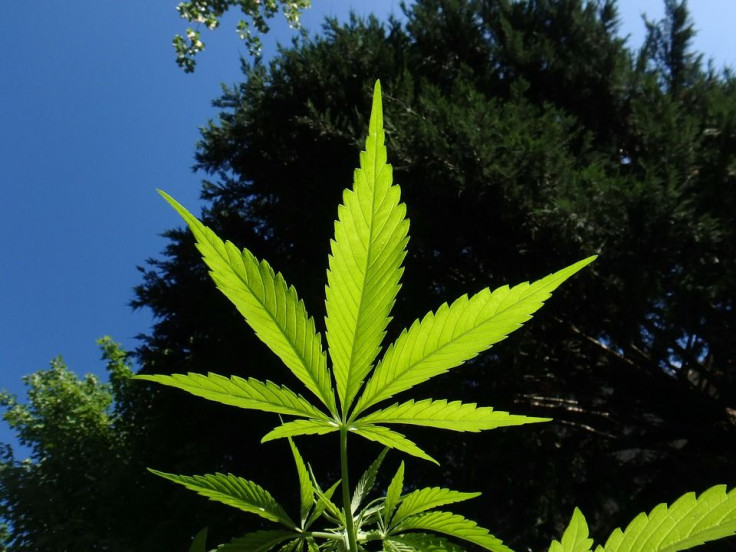Cannabis And Artificial Intelligence Are Natural Partners

Artificial Intelligence (AI) and cannabis: What has one got to do with the other?
The answer is, "A lot," according to Michael Yorke, President and CEO of CROP Infrastructure Corporation based in Vancouver, Canada.
CROP provides financing for cannabis growing land expansion and other needed services. It also provides turnkey greenhouse facilities, special growing and processing equipment and access to approved nutrients for select licensed cannabis producers in legal growing regions in Canada.
“The use of AI in sensors and high-definition cameras can be used to keep track of and adjust multiple inputs in the growing environment such as water level, PH level, temperature, humidity, nutrient feed, light spectrum and CO2 levels," Yorke said. "Tracking and adjusting these inputs can make a major difference in the quantity and quality of cannabis that growers are able to produce."
Yorke also said AI helps automate trimming technology so it’s able to de-leaf buds faster. The result is saving hours of manual labor. AI could also be applied to automated planting equipment to increase the effectiveness and efficiency of planting.
Furthermore, AI could detect sick plants and heal or remove sick plants from the environment. It could track the marijuana plant growth rate so as to better predict size and yield. AI could also identify the sex of the marijuana plants.
Not done yet, Yorke said AI could also provide opportunities to help with more accurate predictions, which will allow for maximizing efficiency. AI would likely be key in discovering new cannabis strains or customizing strains for specific effects. Examples of this include relaxation, excitement or increasing/decreasing hunger.
The result could be even more growth in the cannabis market, Yorke argued.
All these good things will only come to pass if the U.S. passes federal laws legalizing both medical and recreational marijuana use.
“The existing regulations are complex, requiring businesses to follow detailed rules that govern every area of the industry from growing to packaging and selling to consumers,” Mark Krytiuk, president of Nabis Holdings, said.
Nabis is a Canadian investment firm focused on investing in high quality firms across the cannabis sector, mostly in the U.S.
Krytiuk said AI is one key technological leap that might make a significant impact in cannabis retail operations.
“Even the smallest error can cost a cannabis business thousands, and incur harsh punishments such as losing their cannabis license,” Krytiuk pointed.
“By implementing this (AI) technology, cannabis retailers would be able to more easily track state-by-state regulations, and the constant changes that are being made. With this information, they would be able to properly package, ship, and sell products in a more compliant way that is less likely to be intercepted by government regulations.”
AI might also help mitigate problems with compliance, which is a leading cause of failure for cannabis operators.
“If more cannabis businesses had access to automated, AI-powered technology that could help them be more compliant, there would be more successful companies helping the industry to grow,” Krytiuk added.

Published by Medicaldaily.com



























